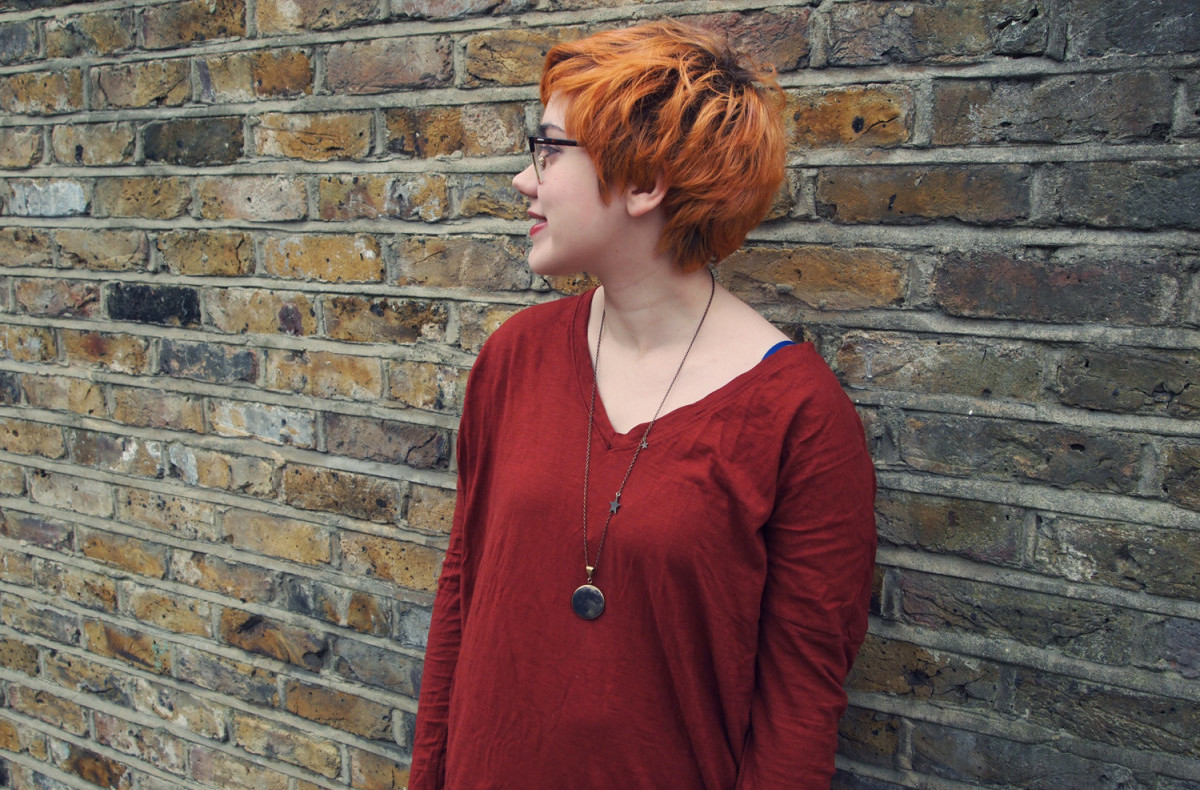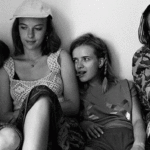It’s been in the air for a while, this snigger of dissent, the moment when everyone just says, ‘Fuck it! We’re going to do it anyway.’ I imagine that’s what it was like in the 1970s when opportunities were so dire, you might as well do it yourself because there was nothing else to do and no one was going to help you.
Sooner or later, people just get tired of being told ‘No’. Never underestimate the power of the British to ignore authority.
The establishment, for want of a better word, has left at least three generations believing that art and creativity is not for them, that somehow it is a birthright that gets passed down through the genes – which no doubt it does but in working class ones, too. It has gradually been nudged out the state school curriculum so all that is left is a focus on literacy and maths, an unbalanced diet if ever there was one. Some would argue it is also a way of preventing ordinary working folk from expressing their feelings just in case they realise how dissatisfied they really are.
The industry has worked hard to turn itself into a closed shop. It isn’t only music, it is all the artistic sectors such as literature, drama, design. Owen Jones in ‘The Establishment’ makes a case of how far it is dominated by people who have been to public schools. Getting a foot in the doorway is often due to privilege and who you know or at least an ability to fund an unpaid internship. As a consequence, the industry has become insular, repressive and marked by a lack of risk-taking, not actually supporting anything if it might not make a profit.
It’s in a reaction to this that artists have begun to take their work in their own hands. Financing projects of all kinds has been made simpler by the emergence of crowdfunding. Instead of waiting for an album to come out, listeners pay for it upfront. Because of this investment, both financial and one of faith, there’s a greater commitment from fans to artist and vice versa.
Ralegh Long, singer and songwriter: “…it made sense to do a pledge campaign. Essentially this was a pre-order that covered the costs of pressing vinyl and CDs. The response was phenomenal. So many people got in touch who’d seen me maybe at one show in Austria or something and pre-ordered a record. The connection with my fans feels a lot stronger now.”
For some, like Long, it’s about one last chance, “I was feeling burnt out and a little disillusioned from a lot of touring, and from working too hard generally. Obviously a self-funded, truly independent approach is tough, and I was wondering if it was maybe time to stop.
When I got back after one tour, I started writing again, really just playing to amuse myself. I thought maybe I’d make one more record as a last hurrah…It was immensely liberating and that mood spilled over into the recording sessions. We booked a weekend to demo the new songs and we had a third of the record after those two days.”
Since then Long has had a fabulous run of good luck. His first single was picked up by Elton John and played on his radio show, not a bad endorsement to have, and has recently won the Emerging Artists Award run by hmuk/pledgemusic.
Emma Winston, AKA Deerful, credits her success to the progress and accessibility of technology, “In 2015…I got quite ill and had to drastically scale back the amount of live music I was doing. I was stuck in bed a lot of the time and desperate to make music, and it occurred to me that lots of music apps for iPad existed that I’d never tried out. And I was hooked. I moved to a wider range of hardware and software and started releasing music – it felt like it was pouring out, like I’d been making up for the 26 years I hadn’t been able to write at all.”
It’s like the 1980s when The Human League set about making their own synthesisers. She continues, “Last summer I found myself listening to Grimes a lot and was fascinated by how much she did on her own, everything, from start to finish. And I decided for my first album, Peach, I was going to do the same. I hired a wonderful mastering engineer, and had a friend assist me with the final day of mixing just for the second set of ears, but otherwise everything, writing, performing, recording, producing, mixing, was me.
I knew it wouldn’t be perfect but I also had a hunch for the first time ever it might be good enough after all. It came out on the 2nd of June this year. And people bought it! People enjoyed it! Nobody laughed at me or noticed my inexperience or even my mistakes! And it sort of proved to me that you really can do whatever you want, if you have the confidence to and are prepared to hit the ground running. It was the best thing I’ve ever done and I’d do it again in a heartbeat (and plan to as soon as I can).”
There are so many bands and artists out there producing music of the same calibre or better than those who have lucrative contracts and ‘successful’ careers. The time when success was a reflection of merit or could be measured monetarily has long since passed.
Art is a basic human right. The space in which to express oneself is vital to a healthy society. It breeds tolerance through diversity, empathy through shared experience. We’re not talking about everyone joining creative ‘industries’ here, just the simple room in people’s lives to produce rather than consume.
Write, paint, make some noise. Our creativity is infinite.




